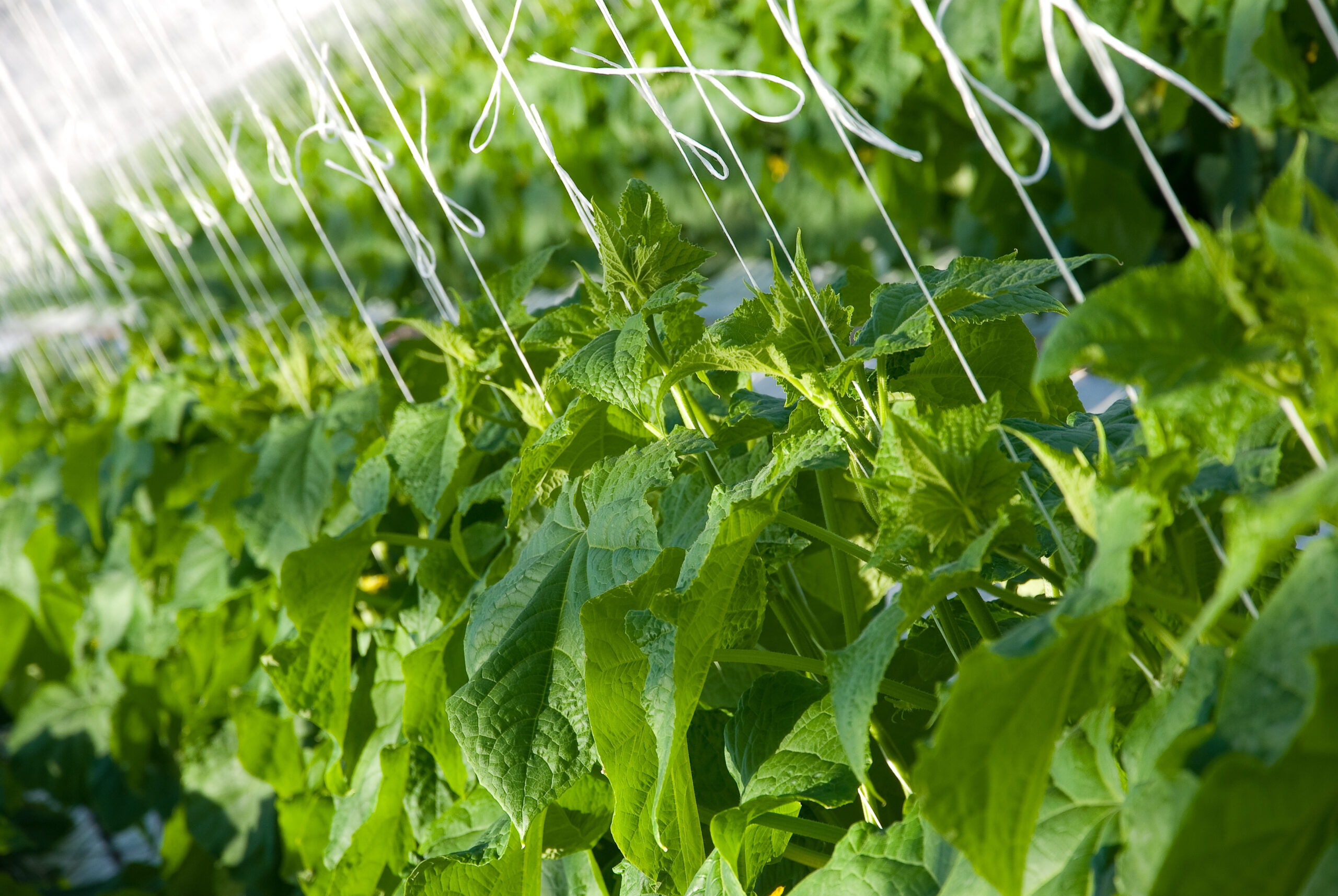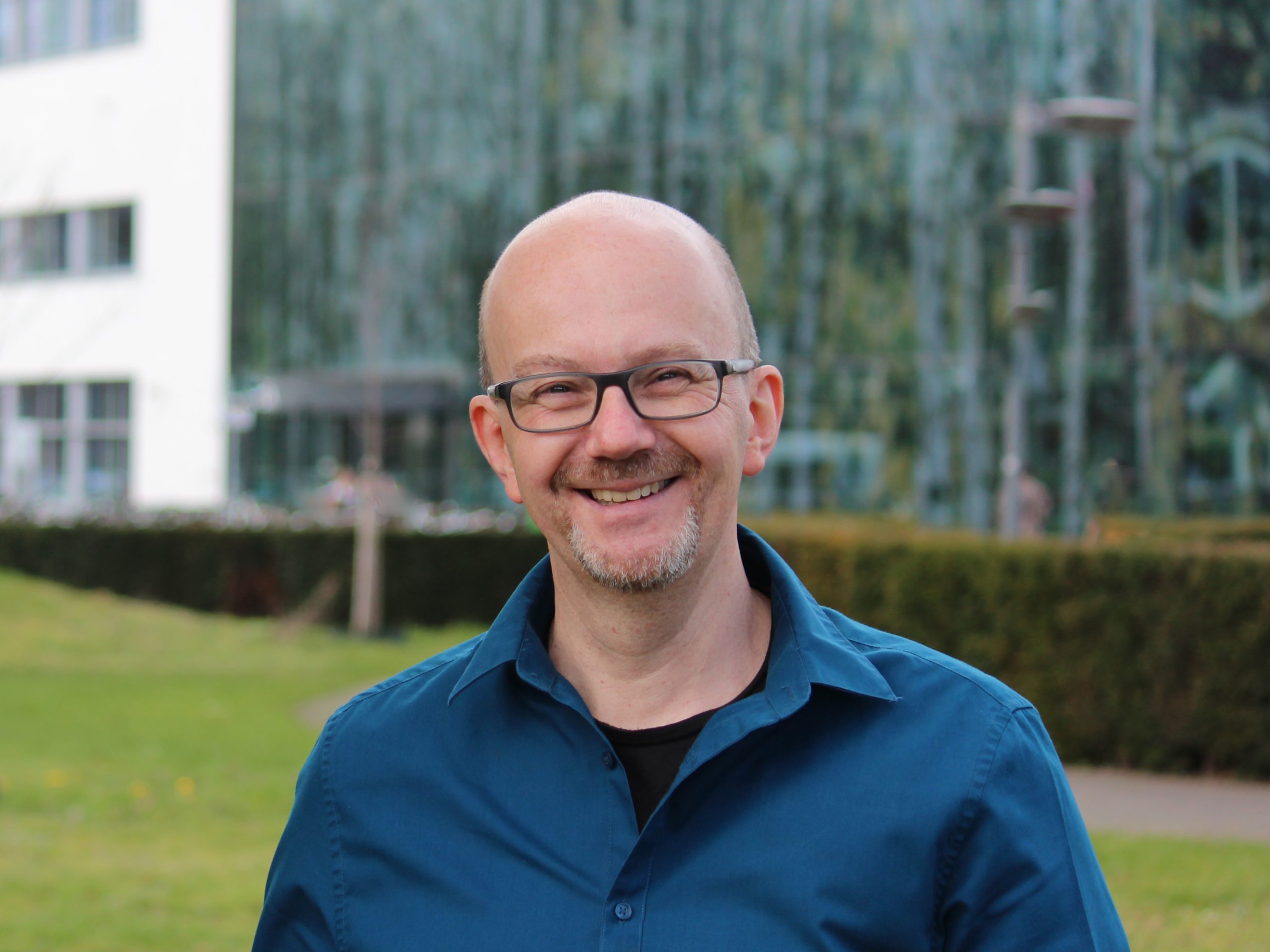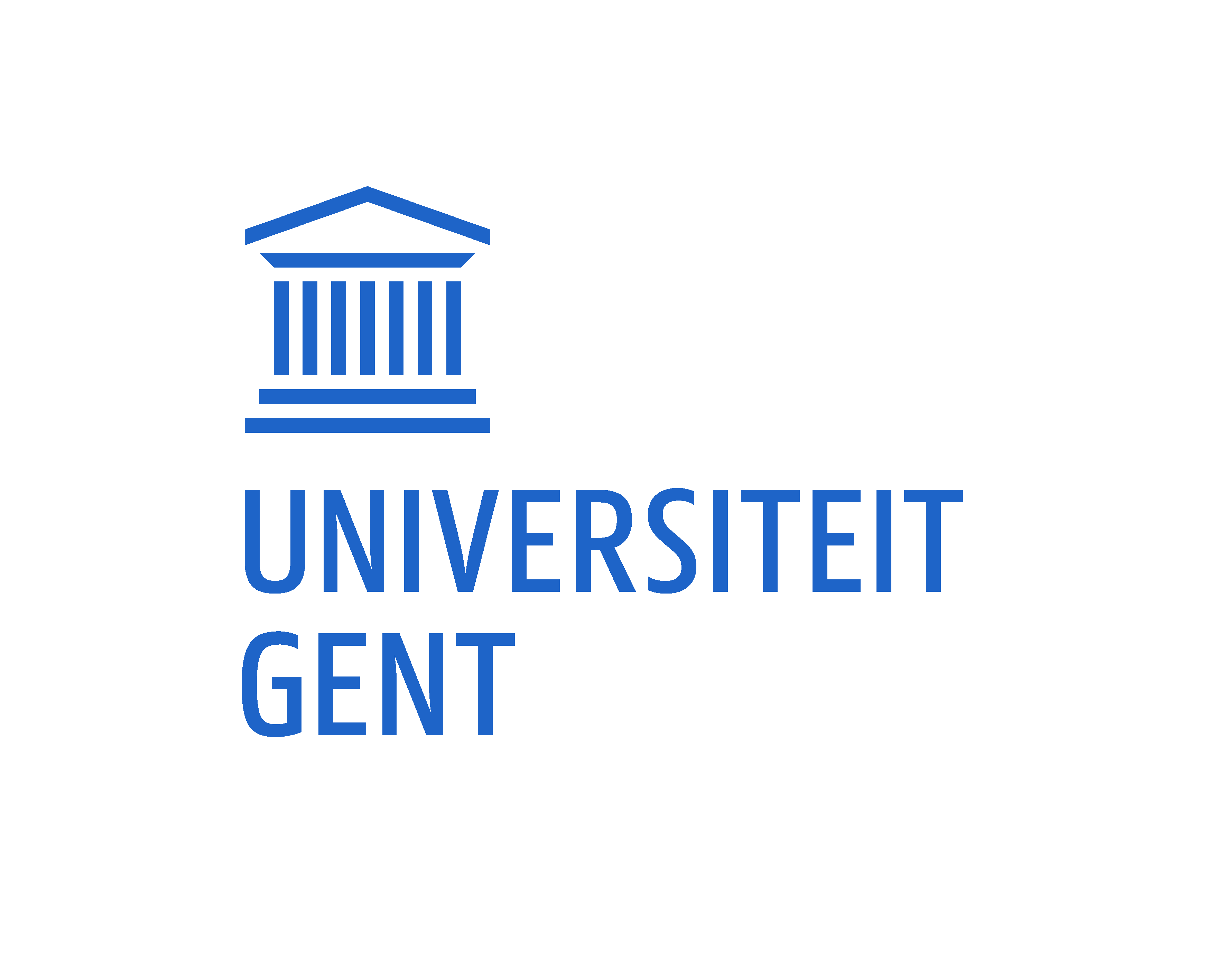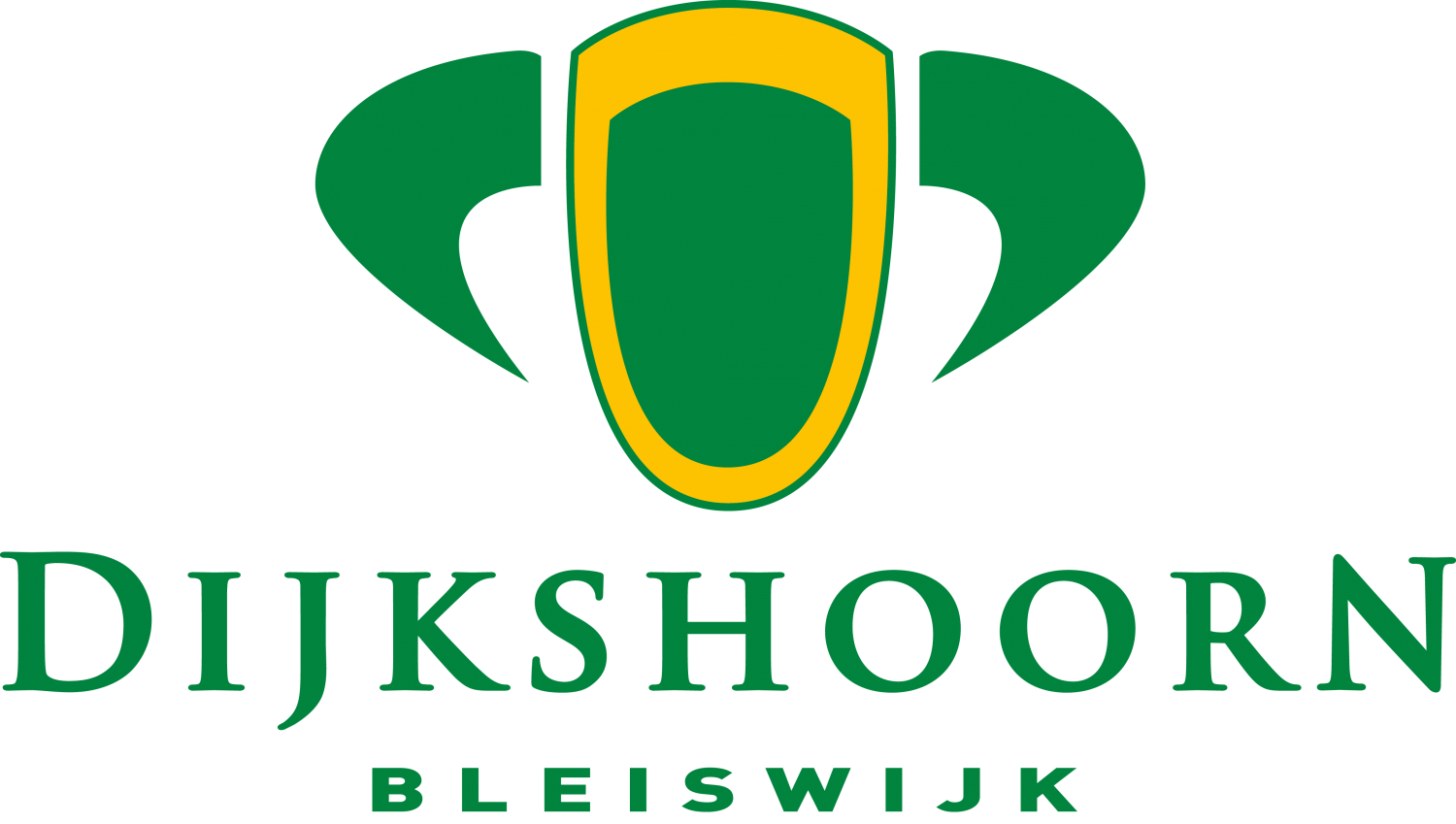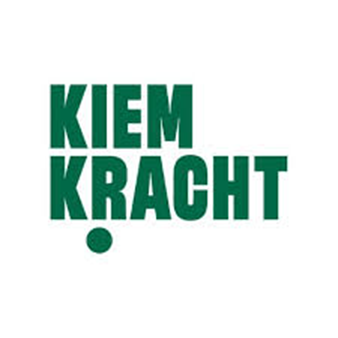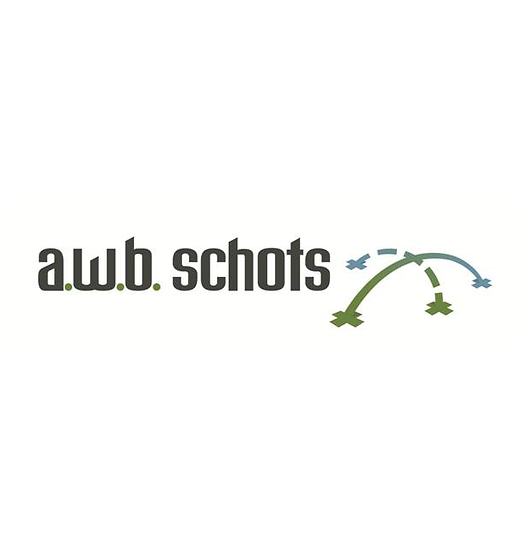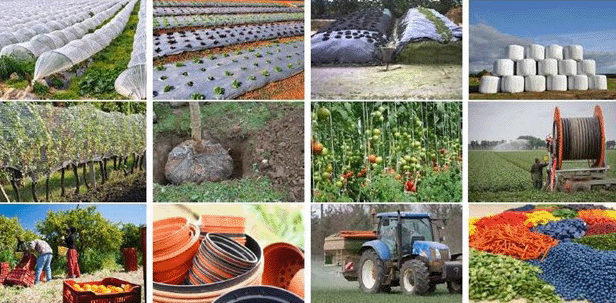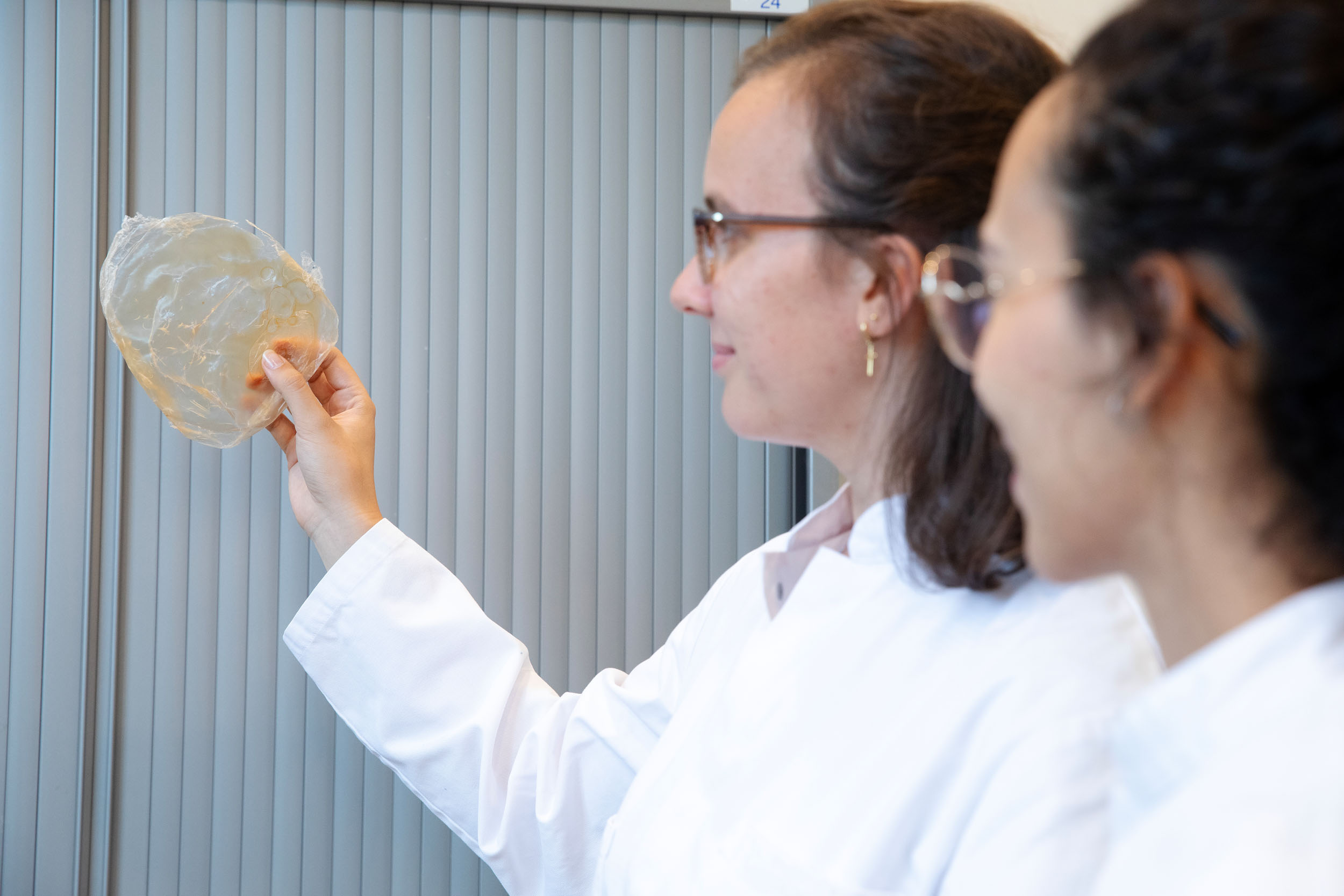ReJuice stands for the reuse (Re) of sap streams (Juice), but also for more efficient use of resources (Rejuice = Reduce). The project aims to establish sustainable and economically viable value chains by processing and reusing the liquid fraction from green waste streams. This could hopefully create an additional “revenue model” for agriculture and horticulture, allowing these sectors not only to avoid paying to dispose of their waste but to valorize it into valuable products. Within ReJuice, we see four main applications for this sap: as a source of energy, within the food sector, for developing new materials, and as a source of circular fertilizers.
Initially, MNEXT is investigating which waste streams are suitable for applying this process. The extraction of sap will not only consider waste streams such as roadside grass and clippings. Common green waste streams like tomato stems, leek waste, flower stems, and duckweed are also included in the research.
Truly environmentally friendly end products
In ReJuice, five end products will be produced from the waste streams: fertilizers for plant cultivation, biogas, PHA bioplastic, and algae and proteins for food. To determine whether the production of these products is more environmentally friendly than the comparable products we currently use, ReJuice will also assess the environmental impact of the new products. This will be done through a Life Cycle Analysis (LCA) and a hotspot analysis. LCA examines the impacts on our living environment, such as emissions that affect biodiversity, water quality, and air quality. Through LCA, the total environmental impact of a product’s value chain can be assessed. A biobased product is not necessarily more environmentally friendly; it depends on the entire chain associated with the product. The hotspot analysis analyzes the different steps in the production process, identifying which steps have the greatest environmental impact and/or which environmental effects are most significant. Based on this, the production process can be improved concerning environmental impact.
Partners from the entire value chain
The ReJuice project is funded by Interreg Vlaanderen-Nederland. MNEXT collaborates with many European partners in this project. This partnership ensures that all steps of the chain for valorizing the sap fraction from waste streams are represented, which is crucial for the project’s success.
More information about ReJuice can be found on the project website. You can also find news and updates about the project on the ReJuice LinkedIn page.
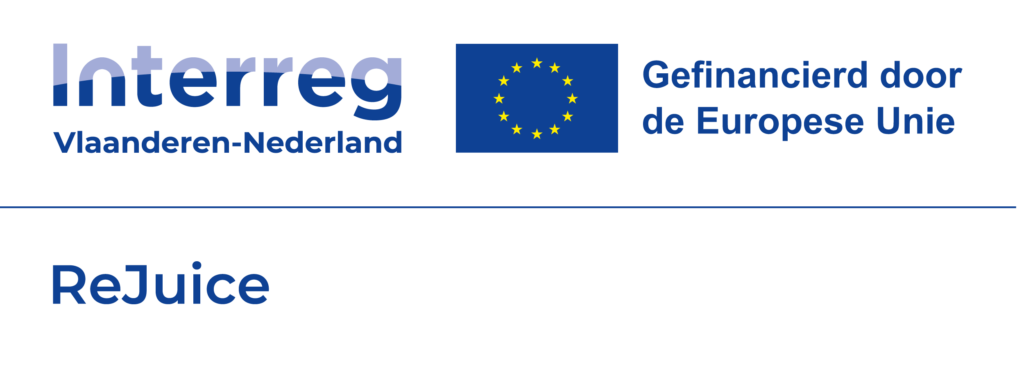
April 2024 until April 2027




